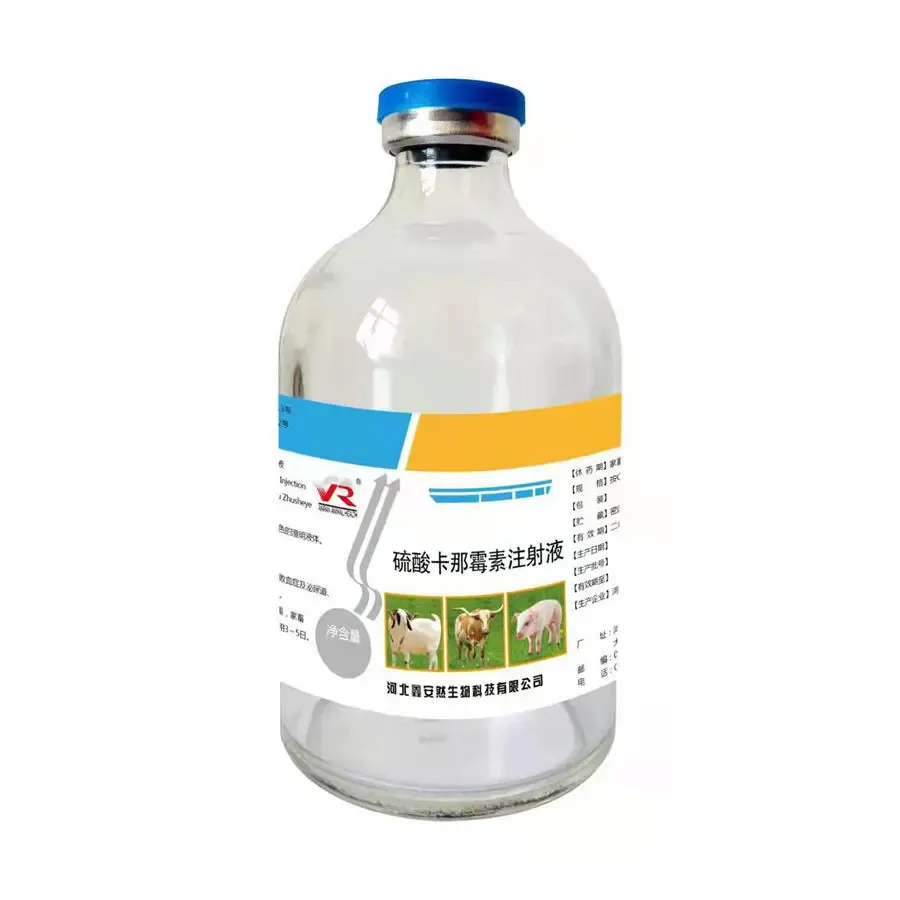- Afrikaans
- Albanian
- Amharic
- Arabic
- Armenian
- Azerbaijani
- Basque
- Belarusian
- Bengali
- Bosnian
- Bulgarian
- Catalan
- Cebuano
- Corsican
- Croatian
- Czech
- Danish
- Dutch
- English
- Esperanto
- Estonian
- Finnish
- French
- Frisian
- Galician
- Georgian
- German
- Greek
- Gujarati
- Haitian Creole
- hausa
- hawaiian
- Hebrew
- Hindi
- Miao
- Hungarian
- Icelandic
- igbo
- Indonesian
- irish
- Italian
- Japanese
- Javanese
- Kannada
- kazakh
- Khmer
- Rwandese
- Korean
- Kurdish
- Kyrgyz
- Lao
- Latin
- Latvian
- Lithuanian
- Luxembourgish
- Macedonian
- Malgashi
- Malay
- Malayalam
- Maltese
- Maori
- Marathi
- Mongolian
- Myanmar
- Nepali
- Norwegian
- Norwegian
- Occitan
- Pashto
- Persian
- Polish
- Portuguese
- Punjabi
- Romanian
- Russian
- Samoan
- Scottish Gaelic
- Serbian
- Sesotho
- Shona
- Sindhi
- Sinhala
- Slovak
- Slovenian
- Somali
- Spanish
- Sundanese
- Swahili
- Swedish
- Tagalog
- Tajik
- Tamil
- Tatar
- Telugu
- Thai
- Turkish
- Turkmen
- Ukrainian
- Urdu
- Uighur
- Uzbek
- Vietnamese
- Welsh
- Bantu
- Yiddish
- Yoruba
- Zulu
9 月 . 11, 2024 06:31 Back to list
Animal Nutrition
The Importance of Animal Nutrition
Animal nutrition is a critical aspect of animal husbandry that directly affects the health, growth, reproduction, and productivity of livestock and companion animals. Proper nutrition lays the foundation for healthy animals, enabling them to thrive and perform optimally in various environments. Understanding the principles of animal nutrition is essential for farmers, veterinarians, and anyone interested in the welfare of animals.
At its core, animal nutrition involves the study of how animals obtain and utilize food to support their physiological needs. The primary components of animal diets include carbohydrates, proteins, fats, vitamins, and minerals. Each of these nutrients plays a unique role in the development and maintenance of animals. For instance, proteins are vital for tissue growth and repair, while carbohydrates serve as the main energy source. Fats are essential for hormone production and the absorption of fat-soluble vitamins. Moreover, vitamins and minerals are crucial for various metabolic processes, immune function, and overall health.
One of the critical considerations in animal nutrition is the diet's formulation based on the specific needs of the animal species and its life stage
. For example, young, growing animals require higher protein levels to support rapid growth, while mature animals may need slightly different nutrient profiles based on their activity levels and reproductive status. Ruminants, such as cattle and sheep, have unique digestive systems that allow them to effectively break down fibrous plant materials, making their dietary needs distinct from those of non-ruminants, like pigs or poultry.animal nutrition is

A well-balanced diet can significantly influence an animal's productivity. In livestock production, for instance, optimizing nutrition can lead to increased milk yield in dairy cows, higher weight gain in beef cattle, and better egg production in poultry. Ensuring proper nutrition can also reduce the risk of diseases, which ultimately lowers veterinary costs and enhances animal welfare.
In addition to physical health, nutrition plays a vital role in the behavioral aspects of animals. Stress and anxiety can often be mitigated by a consistent and adequate diet, as nutritional deficiencies can lead to behavioral problems. Ensuring that animals receive the right nutrients can promote improved behavior and welfare, creating a positive environment for both animals and caretakers.
Moreover, advancements in nutritional science have led to the development of specialized diets that cater to specific needs. For example, diets formulated for aging pets can include supplements that promote joint health, while those for performance animals might focus on optimizing energy levels and muscle recovery. With continued research, the understanding of animal nutrition is ever-evolving, allowing for better practices in animal care.
In summary, animal nutrition is a fundamental aspect that influences the health, productivity, and welfare of animals across various species. By ensuring that animals receive balanced diets tailored to their specific needs, we can enhance not only their performance but also their overall quality of life. As we move forward, continued research and innovation in animal nutrition will be essential in meeting the demands of a growing global population while prioritizing animal welfare and sustainability in food production.
-
The Power of Radix Isatidis Extract for Your Health and Wellness
NewsOct.29,2024
-
Neomycin Sulfate Soluble Powder: A Versatile Solution for Pet Health
NewsOct.29,2024
-
Lincomycin Hydrochloride Soluble Powder – The Essential Solution
NewsOct.29,2024
-
Garamycin Gentamicin Sulfate for Effective Infection Control
NewsOct.29,2024
-
Doxycycline Hyclate Soluble Powder: Your Antibiotic Needs
NewsOct.29,2024
-
Tilmicosin Premix: The Ultimate Solution for Poultry Health
NewsOct.29,2024













